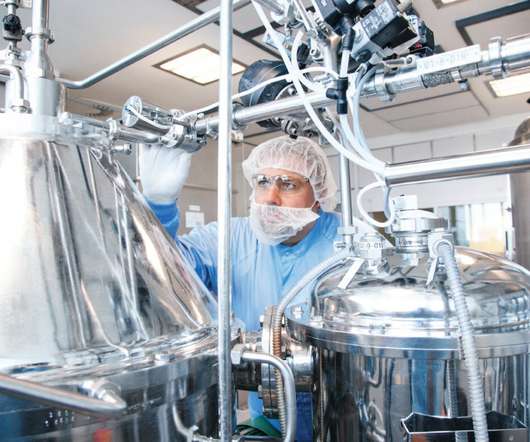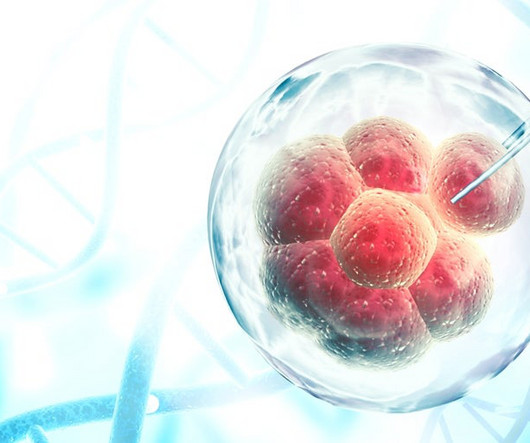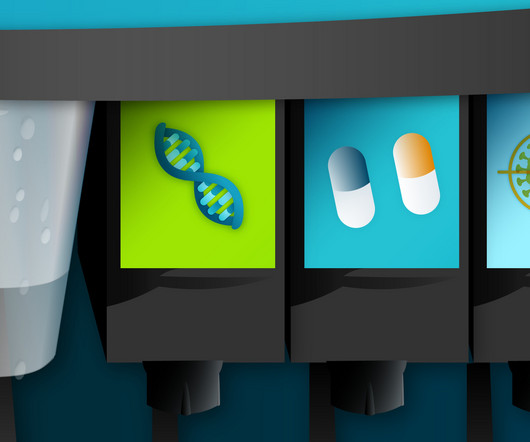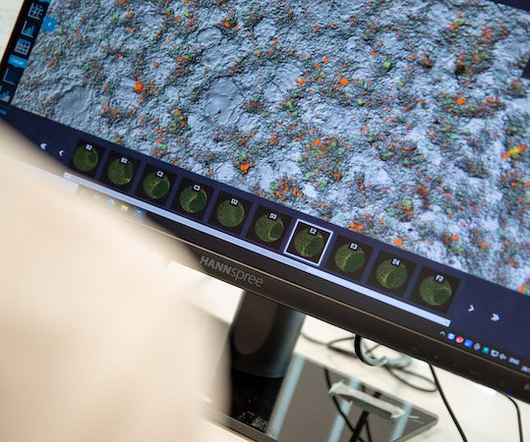QN-023a by Hangzhou Qihan Biotechnology for Relapsed Acute Myeloid Leukemia: Likelihood of Approval
Pharmaceutical Technology
MARCH 2, 2023
QN-023a is under clinical development by Hangzhou Qihan Biotechnology and currently in Phase I for Relapsed Acute Myeloid Leukemia. Attributes of the drug, company and its clinical trials play a fundamental role in drug-specific PTSR and likelihood of approval.













Let's personalize your content